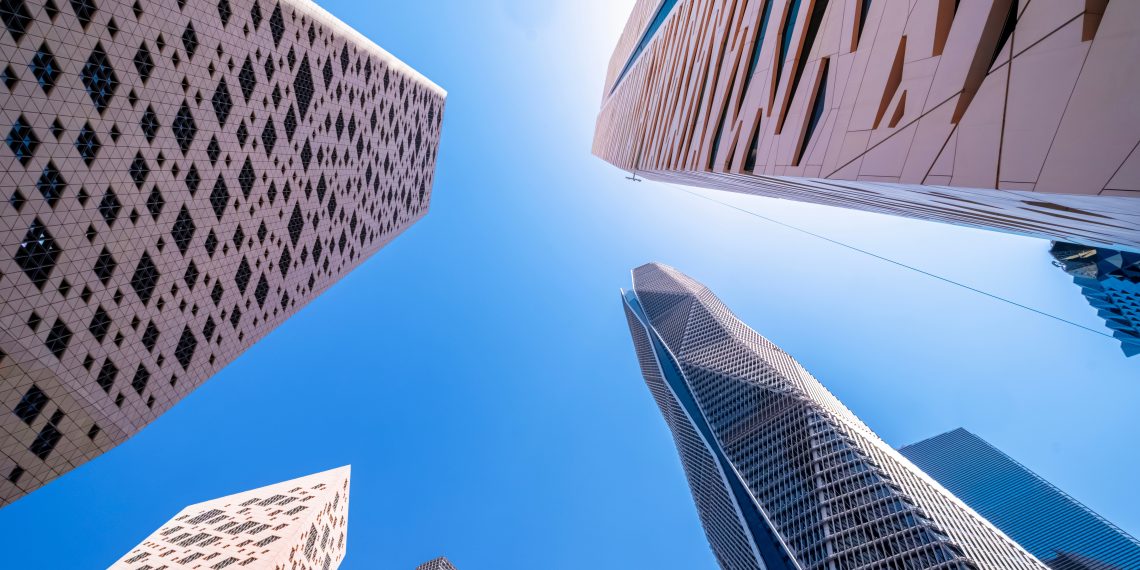Saudi Arabia’s Minister of Investment, Khalid al-Falih, addressed skepticism about the country’s economic diversification plan at the Ambrosetti Forum in Italy. He emphasized Riyadh’s commitment to Vision 2030, which aims to reduce dependence on oil and attract over $3 trillion in domestic financial flows and $100 billion in foreign investment annually by 2030.
Al-Falih noted that despite initial doubts, Saudi Arabia has achieved or is close to achieving 87% of its Vision 2030 targets. Under this initiative, the kingdom is working to liberalize its market and improve the business environment through reforms in investment and labor laws. However, some requirements, such as mandating companies to establish regional headquarters in Saudi Arabia to secure government contracts, have been controversial.
The number of foreign investment licenses in Saudi Arabia nearly doubled in 2023, with a 5.6% annual increase in foreign direct investment in the first quarter. Despite concerns about the kingdom’s legal framework and dispute resolution system, Al-Falih assured that Saudi Arabia offers predictability along with political and economic stability.
‘Green shoring’
Al-Falih introduced the concept of “green shoring,” an initiative aimed at decarbonizing supply chains using renewable energy resources. He explained that this involves high-energy processing and manufacturing in regions where materials and energy are readily available, leveraging Saudi Arabia’s logistics, capital, and infrastructure.
As part of Vision 2030, Saudi Arabia aims to achieve net-zero emissions by 2060. The kingdom, along with its neighbor UAE, has been active in climate summits but faces scrutiny over its commitment to decarbonization. Saudi Arabia advocates for the combined use of hydrocarbons and green resources to prevent energy shortages during the global transition to net-zero emissions.
Critics, however, argue that Saudi Arabia’s focus on technologies like carbon capture and storage (CCS) may be a tactic to continue its oil business. Al-Falih highlighted that “green shoring” aims to enhance global supply chain resilience by focusing on critical materials and addressing semiconductor shortages, green fertilizers, and chemicals.


